Sale!
Philodendron Nangaritense (small plant pot)
Original price was: ₹169.₹49Current price is: ₹49.
Out of stock
Email when stock available
Description
Philodendron nangaritense is a stunning and relatively rare species of philodendron, cherished by plant enthusiasts for its unique characteristics. Originating from Ecuador, this plant is known for its striking foliage and velvety texture. Here’s an overview and care guide for Philodendron nangaritense:
Key Features:
- Leaves: The leaves of Philodendron nangaritense are large, heart-shaped, and have a velvety texture. New leaves often emerge with a reddish or pinkish hue and mature to a deep green.
- Growth Habit: It is a climbing philodendron, making it ideal for training on a moss pole or trellis.
Care Tips:
- Light: Prefers bright, indirect light. Avoid direct sunlight, as it can scorch the leaves. It can tolerate lower light levels but will grow more slowly.
- Watering: Water when the top inch of soil feels dry. This plant prefers to be kept moist but not waterlogged. Overwatering can lead to root rot, so ensure the pot has good drainage.
- Soil: Use a well-draining, chunky potting mix. A mix of peat, perlite, and orchid bark is ideal to provide aeration and drainage.
- Humidity: Thrives in high humidity environments. Aim for humidity levels above 60%. Increase humidity by using a humidifier, misting the plant regularly, or placing it on a humidity tray.
- Fertilizing: Feed the plant with a balanced, water-soluble fertilizer every 4-6 weeks during the growing season (spring and summer). Reduce feeding during the fall and winter months.
- Temperature: Prefers temperatures between 65-80°F (18-27°C). Protect it from drafts, sudden temperature changes, and temperatures below 55°F (13°C).
- Pruning: Prune to maintain the desired size and shape. Remove any yellow or damaged leaves to encourage healthy growth.
- Propagation: Philodendron nangaritense can be propagated through stem cuttings. Take a cutting with at least one node and place it in water or directly in a well-draining potting mix until roots develop.
Additional Tips:
- Support: Provide a moss pole or trellis for the plant to climb. This not only supports the plant but also helps it develop larger leaves.
- Pests: Watch for common houseplant pests like spider mites, aphids, and mealybugs. Regularly inspect the plant and treat any infestations promptly with insecticidal soap or neem oil.
- Toxicity: Philodendrons are toxic to pets and humans if ingested. Keep them out of reach of children and pets.
Unique Characteristics:
- Velvety Texture: The leaves of Philodendron nangaritense have a unique, velvety texture that sets it apart from many other philodendron species.
- New Leaf Color: New leaves often emerge with a reddish or pinkish hue, adding to the plant’s visual appeal.
- Rarity: This plant is relatively rare and highly sought after by collectors, making it a prized addition to any plant collection.
Only logged in customers who have purchased this product may leave a review.

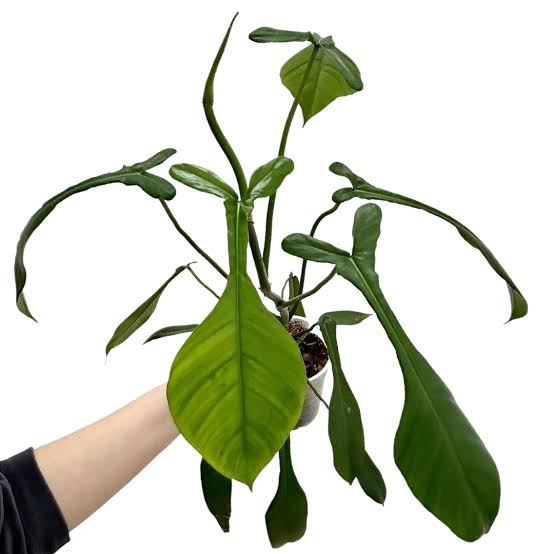
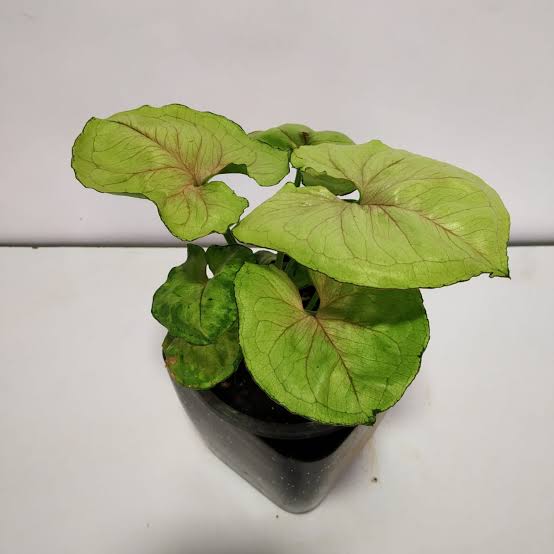
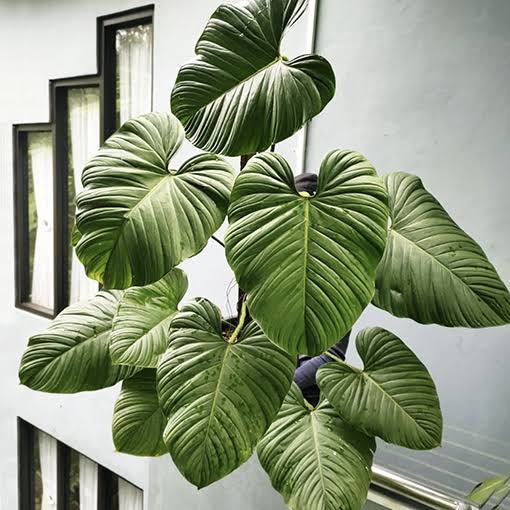
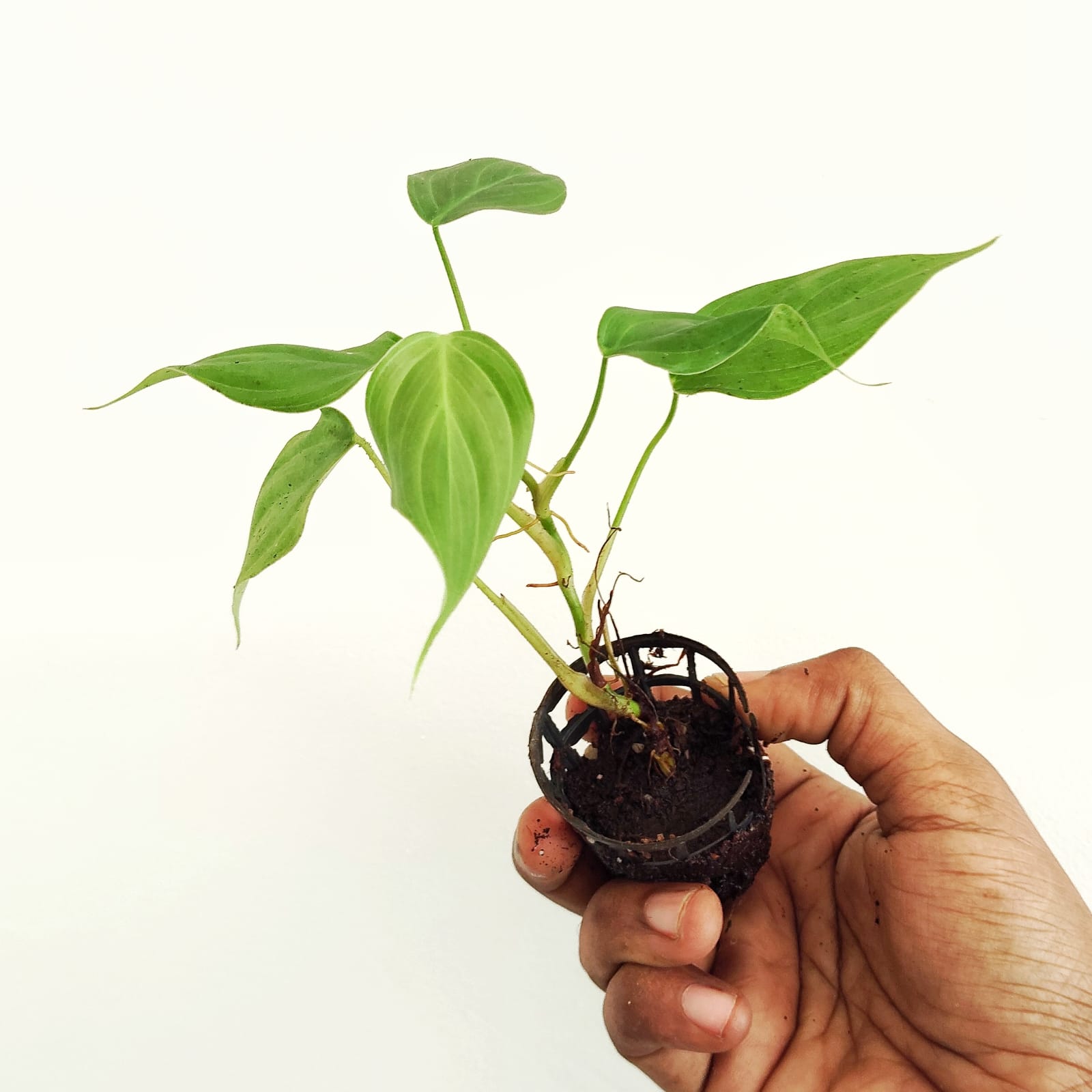
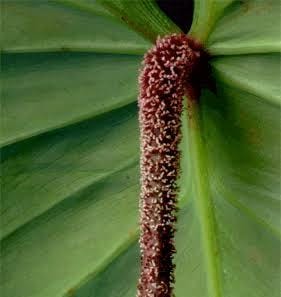
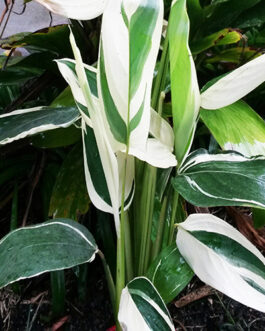
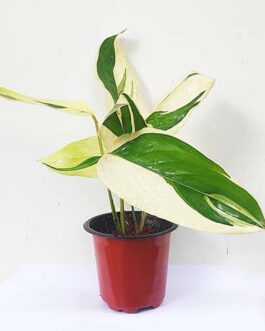
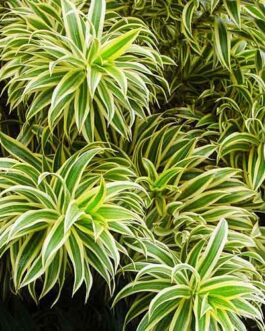
Reviews
There are no reviews yet.